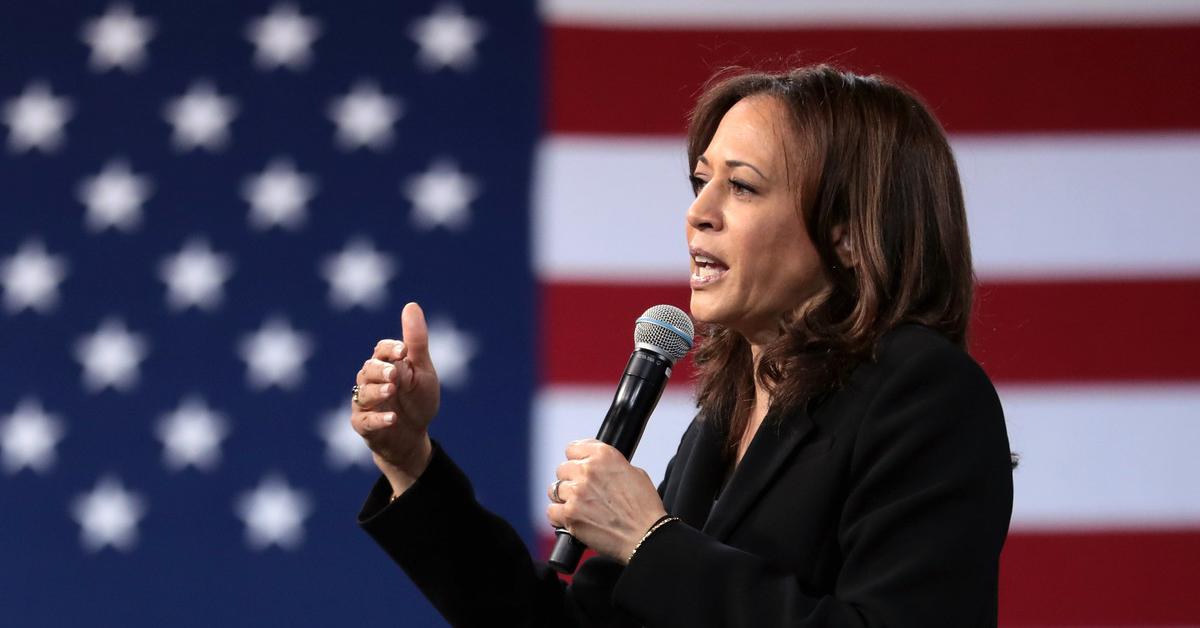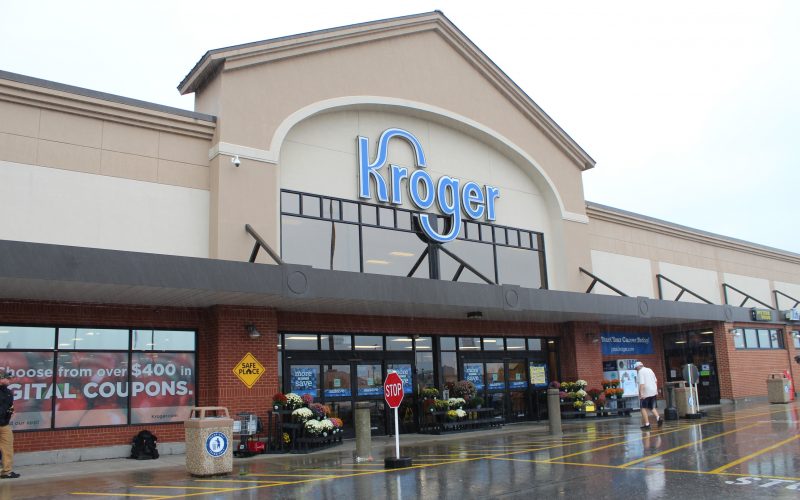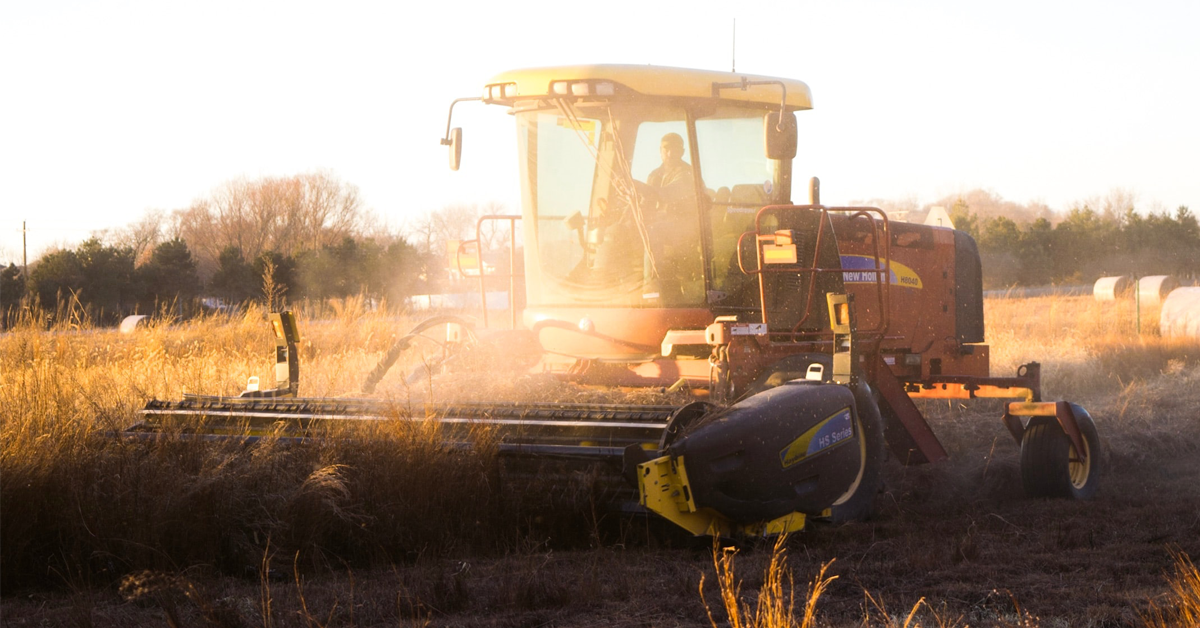Over a year after announcing plans to merge, Kroger and Albertsons could approach the finish line soon on the $24.6 billion deal.
Whether or not the two major grocers complete the merger early next year as planned depends on the Federal Trade Commission and state attorney generals who have threatened to sue.
The big picture: Kroger and Albertsons argue the merger is necessary to compete with big box stores, club grocers and online retailers such as Walmart, Costco and Amazon. The deal would affect Central Valley Kroger stores Food 4 Less and Foods Co. and Albertsons’ Vons brand.
- Twenty years ago Kroger trailed Walmart by $24 billion in grocery sales. Walmart’s lead has risen to $205 billion in 2023 with 29 percent of the market share, compared to 10 percent for Kroger.
- While supermarket grocers made up nearly 80 percent of the market two decades ago, they now have under 40 percent of the market as national discount grocers hold the majority.
- Kroger and Albertsons are two of the largest union grocers in the nation, and in 2003 half of the jobs at grocers were union jobs. Now union jobs only make up 15 percent of the market as Walmart, Amazon, Costco and others have expanded.
- Kroger also started its Customer First program in 2003 to compete with Walmart and other national discount retailers, which have brought its margins down five percent in 20 years compared to Walmart’s increasing by one percent, Dollar General’s increasing by three percent, Ahold Delhaize’s increasing by four percent and Amazon’s increasing by 21 percent.
The other side: While the FTC is currently weighing the deal and could sue to block it if there are concerns about antitrust rules, individual states – such as California – could also move to prevent the merger from going through.
- California Attorney General Rob Bonta made headlines last month when he said his office was concerned about the deal.
- “Right now there’s not a lot of reason not to sue,” Bonta said at the time.
- His concerns were that consumers would have to pay higher prices and California farmers would receive lower payments. Bonta also feared the deal would create food deserts and have adverse impacts on Kroger and Albertsons employees.
Go deeper: Part of the merger would see Kroger sell 413 stores to C&S Wholesale Grocers, LLC, as part of a divestiture plan.
- C&S Wholesale Grocers has publicly committed to not close any of the stores or lay of any employees, and Kroger has also committed to not lay off any employees.
- Once the merger is completed, Kroger says it will invest $500 million on day one to lower prices and $1.3 billion to enhance the customer experience. That builds on $5 billion invested in the last two decades to lower prices.
- Kroger also says it will increase the number of local products in its stores by 10 percent, adding at least 30 new local products in each store.
What they’re saying: “Only non-unionized retailers, like Walmart and Amazon, will benefit if this merger is blocked,” a Kroger spokesperson said. “In fact, Kroger joining with Albertsons will mean lower prices for customers, secure union jobs and more food directed to hungry families, with 10 billion meals committed to people in need across America by 2030.”
- Scott Moses, Head of Grocery, Pharmacy and Restaurants for Solomon Partners, said supermarkets need to build scale to make investments in better prices and wages to compete with the rise of online grocery.
- “If people frustrate those transactions they are guiding us toward a situation that looks a lot more like department stores,” Moses said. “And that may not be their intention, but it is the undeniable result. That is not fair. It is not good for the country. It’s not good for customers. It’s not good for employees, and it’s not good for communities.”











